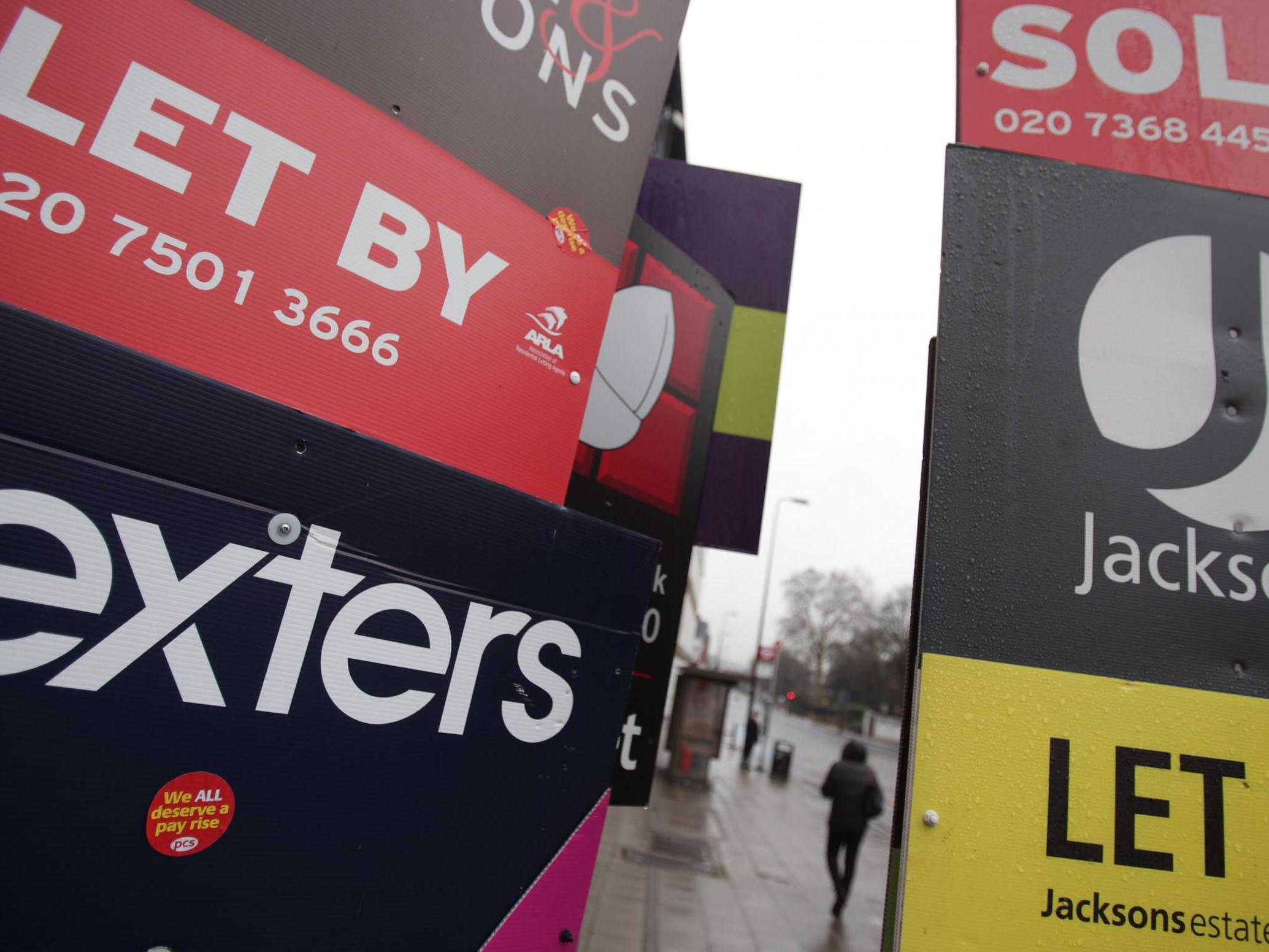Coronavirus: Just days left to prevent 'wave of evictions and homelessness' with new law, Labour warns
Ministers also accused of ‘broken promise’ over permanent no-fault evictions ban – with no sign of measure, seven months after pledge made

Your support helps us to tell the story
From reproductive rights to climate change to Big Tech, The Independent is on the ground when the story is developing. Whether it's investigating the financials of Elon Musk's pro-Trump PAC or producing our latest documentary, 'The A Word', which shines a light on the American women fighting for reproductive rights, we know how important it is to parse out the facts from the messaging.
At such a critical moment in US history, we need reporters on the ground. Your donation allows us to keep sending journalists to speak to both sides of the story.
The Independent is trusted by Americans across the entire political spectrum. And unlike many other quality news outlets, we choose not to lock Americans out of our reporting and analysis with paywalls. We believe quality journalism should be available to everyone, paid for by those who can afford it.
Your support makes all the difference.Just days are left to pass a new law to prevent “a wave of evictions and homelessness” as the coronavirus pandemic continues to bite, Labour is warning.
Ministers are accused of ignoring the threat facing renters, when a temporary ban on kicking them out lapses next month – even as second home-owners and landlords are handed generous tax breaks.
Labour also pointed to the “broken promise” of a permanent ban on no-fault evictions, seven months after it was made in Boris Johnson’s post-election Queen’s Speech.
The Renters’ Reform Bill it pledged – also introducing a new lifetime deposit to ease the burden when tenants move around – has yet to be published, let alone put before parliament.
Meanwhile, a survey by the charity Shelter survey found 230,000 renters are at risk of eviction, while the Generation Rent group said 45,000 are at risk of homelessness this autumn.
Now Thangam Debbonaire, Labour’s shadow housing secretary, is arguing 16 July – this coming Thursday – is the last date for passing legislation to prevent the current evictions ban lapsing on 23 August.
“While some will be looking forward to a holiday, a growing number will spend the summer worrying about where they will sleep this winter,” she warned
“The government's policies have helped property developers, second home-owners and landlords make money from housing, but they are doing nothing to help thousands in rented accommodation.
“We urgently need better support to help people pay their rent, and legal changes to help good tenants keep their homes. Otherwise we will see huge numbers sleeping on the streets this winter.”
Labour had called for a six-month evictions’ ban, but argues the gathering economic crisis sparked by Covid-19 means the measure is now needed for “far longer”.
It says any non-payment of rent due to economic losses caused by the knock-on effects of the pandemic should not be automatic legal grounds for eviction, instead giving courts discretion.
This law would cover eight and a half million households who rent their homes from private, council or housing association landlords, including three million households with children, Labour says.
In December, the new Johnson government announced an imminent bill to “improve protections for short-term tenants by abolishing “no-fault” evictions and introducing a lifetime deposit”.
However, landlords were also promised stronger powers to evict their tenants – sparking fears that the Conservatives will revive plans for fixed contracts in place of the ban.
Housing charities argued that would produce the same end result of vulnerable tenants being turfed out of their homes.
The Ministry of Housing, Communities and Local Government refused to discuss why the bill has not been published, or a date for it to be enacted.
But a spokesperson said: “We are working with the judiciary to ensure that arrangements are in place to give protections for those who have been particularly affected by coronavirus when proceedings start again.
“We have also put in place a support package to prevent people getting into financial hardship or rent arrears during the pandemic.”
Join our commenting forum
Join thought-provoking conversations, follow other Independent readers and see their replies
Comments